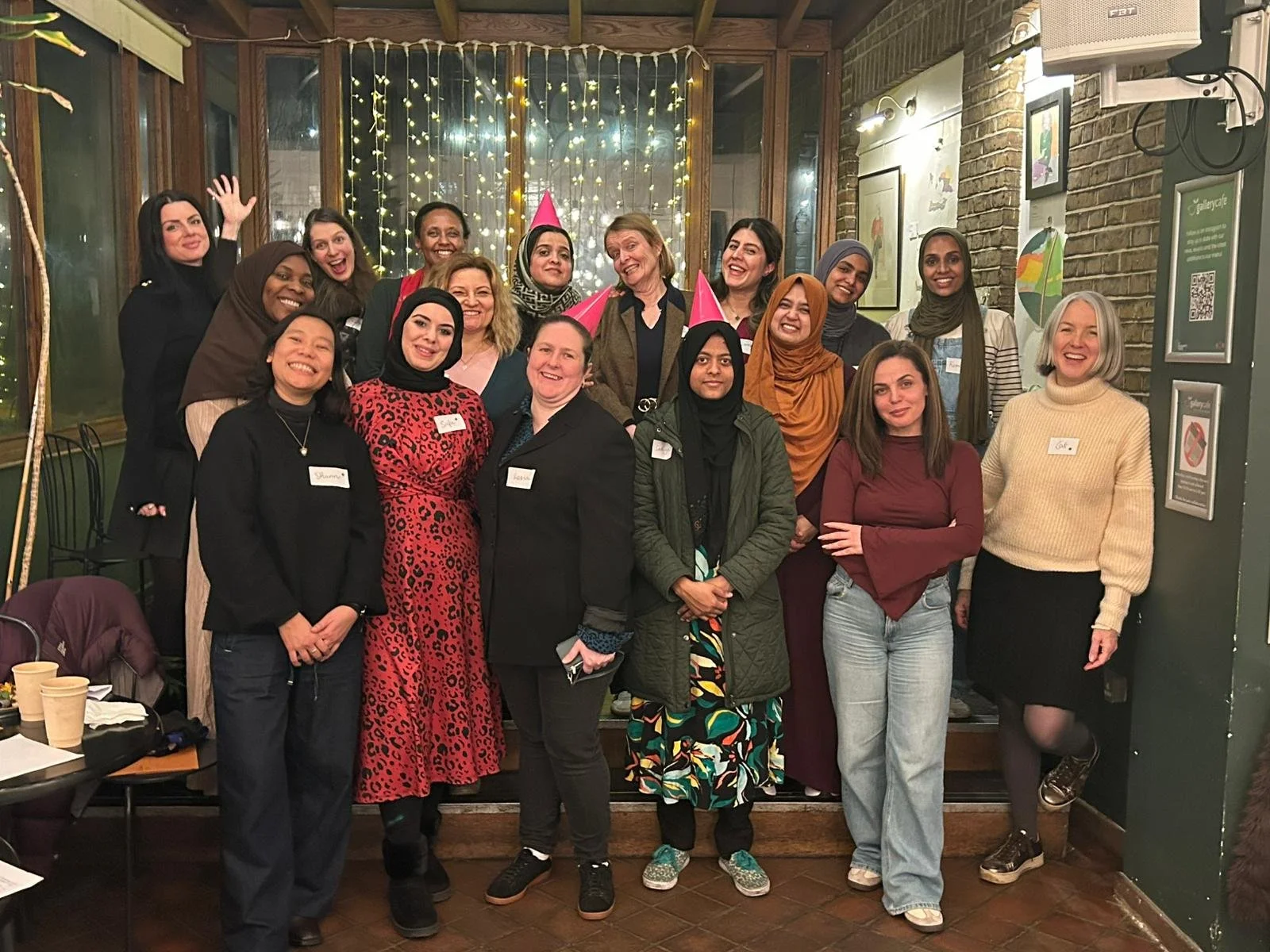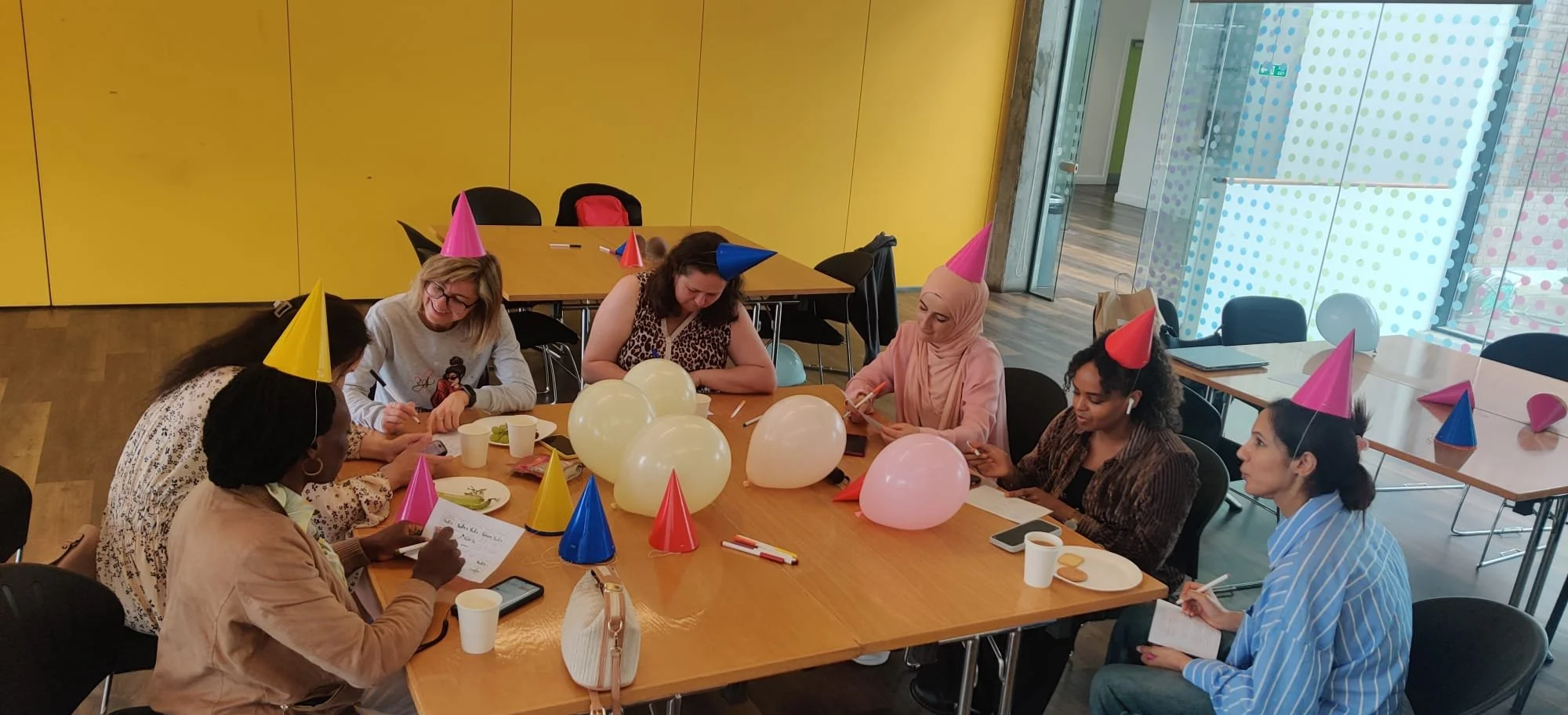‘You can do it’ is something I will never forget
In this blog post, Faridah shares her experience on the Routes Mentoring Programme so far: the highlights, challenges and the relationship with her mentor, Emma, who works for NHS England.
“I heard about the Mentoring Programme on the Routes social media pages. The fact is that I am a person seeking asylum here in the UK, I had so many questions, but no answers.
Issues I was thinking about were helping other women like me, how to join school, English language tests and be more involved in my community as a volunteer. Based on the above, I was sure that once Routes matched me with a mentor, all that was to be solved: I could start finding answers to my questions.
Before I met my mentor, I trusted that Routes would match me with someone who would meet my expectations. This was because Daisy from Routes made calls with me and also through email I had to explain what my goals were. I was confident I would get something in line with what I wanted.
Together with my mentor Emma, we are now working on how I can join university, English language tests, funding avenues and volunteering placements in line with my area of interest. It has been wonderful. We are people who help each other. She gives me my space to speak and share what I want, we discuss and we come up with something that is best for me. It is not one-sided and we do it together.
There are a few challenges we have to deal with. For example, some volunteering placements need a DBS check, which is hard to get as an asylum-seeker. Some funding organisations have age limits for one to qualify for their funding, and some universities have almost stopped taking new applicants for the year. The challenges push me to try harder: I will try and find a solution. I am always a positive person and will try to see what works best.
The Mentoring Programme has been an eye opener for me. I learned that there is some funding and programmes accessible to asylum-seekers. I also found out that I have to do an English test, even though I come from a country where English is also an official language.
We are now looking for different opportunities for gaining volunteer experience.
With the help of my mentor, so many questions have been answered.
I feel my mentor is also learning something from this. When we come across something, we both do research and then we compare notes. For example, researching things like volunteering opportunities or how to apply to university, we do hand-in-hand.
There are other groups where I volunteer. For example, now I can facilitate an event in line with what my mentor is doing professionally. I even invited Emma to come talk at an event together (with the organisation TimePeace). I invited her and she was really good - and I could do the facilitation.
I would advise both interested new mentors and mentees to go ahead and join the programme. The advantages are more than the challenges. When you are not from the UK, and you get a mentor who is from here or has a lot of experience, you can ask them questions on how they do things. It is very easy-going and you can easily ask them questions.
I tried some of the things by myself before. I Googled, did this and that, but I didn’t know how to do it. When I told Emma about the UCAS thing (Universities and Colleges Admissions Service), she made it look so easy. She made it look like ‘You can do it’. That is something I will never forget. It made me so happy!”










